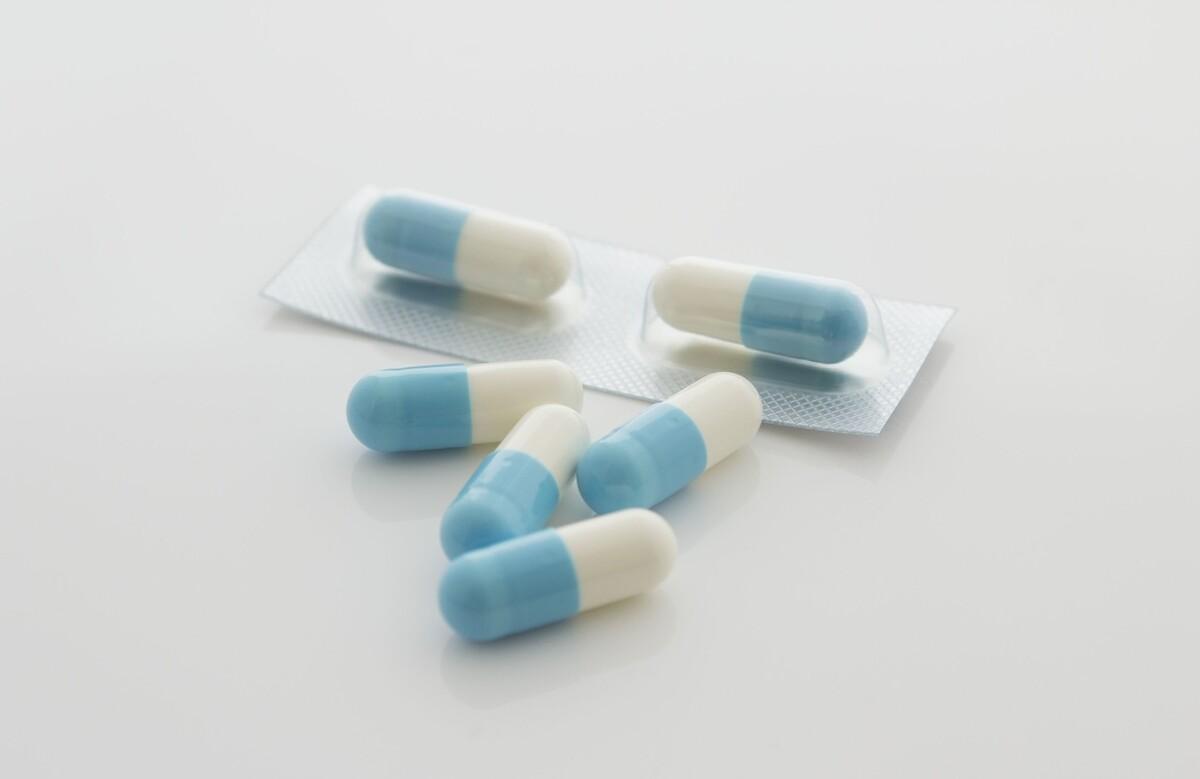Colloidal pectin bismuth is a gastric mucosal protector, which precipitates under acidic conditions and forms a diffuse protective layer covering the ulcer surface, preventing the invasion of ulcers by gastric acid, enzymes and food, and promoting the regeneration of ulcer mucosa and ulcer healing. In addition, colloidal pectin bismuth also has the effect of reducing pepsin activity, protecting the digestible degradation of gastric mucus, increasing mucin secretion, promoting the release of prostaglandin e in the mucous membrane, etc., can heal duodenal ulcers and gastric ulcers, can also protect the gastric mucosa, prevent aspirin and other non-steroidal anti-inflammatory drugs and alcohol-induced mucosal damage, suitable for gastric, duodenal ulcers and gastritis.
Colloidal pectin bismuth can also kill Helicobacter pylori, possible mechanisms include inhibition of bacterial cell wall synthesis, cell membrane function, protein synthesis and ATP production, thereby interfering with the metabolism of bacteria, so that bacteria become more sensitive to the normal defense function of the human body, play a role in killing Helicobacter pylori, with other antibiotics including amoxicillin, clarithromycin, tetracycline and furazolidone combined application can improve the eradication rate of Helicobacter pylori and the healing rate of peptic ulcer, and can reduce ulcer recurrence.

Peptic ulcer and chronic gastritis: 120-150 mg once (calculated in bismuth content), 4 times a day, 1 hour before meals and at bedtime, the course of treatment is generally 4 weeks.
Killing of Helicobacter pylori: combined with two antibiotics, 200 mg in the morning and evening, the course of treatment is 7-14 days.
During treatment, alcoholic or carbonated beverages should not be consumed, and coffee, tea, etc. should be reduced.
Continuous medication should not exceed 2 months, and discontinuation for 2 months can continue to the next course of treatment.
Large doses can lead to reversible nephropathy, which occurs within 10 days.
Colloidal pectin bismuth is safer to use in regular doses and during cycles, with adverse effects including:
Digestive system: During taking the drug, the mouth may have ammonia flavor, and can make the tongue and stool gray-black, easily confused with black stool. Individual patients may have symptoms such as nausea, vomiting, diarrhea, constipation, and lack of appetite when taking it, and can disappear on their own after stopping the drug.
Nervous system: a small number of patients may have mild headache, dizziness, insomnia, etc., but can tolerate. When the blood concentration is greater than 100 ng/ml, it may lead to bismuth encephalopathy.
Urinary system: long-term use can cause renal toxicity.
Bones and muscles: adverse effects of bones occur in different parts and are associated with excessive concentrations of bismuth in the bone, more commonly osteoarthropathy associated with bismuth encephalopathy, often with unilateral or bilateral shoulder pain as a precursor.
Other: rash may occur in individual patients.
Do not consume a high-protein diet (such as milk, etc.) at the same time when taking the drug, and if it needs to be combined, it should be at least half an hour apart.
Patients with hepatic insufficiency, children, and acute gastric mucosal lesions should be used with caution.
When taking the drug, do not take other bismuth agents, and should not be taken in large doses for a long time, long-term users should pay attention to the accumulation of bismuth in the body.
It should not be taken at the same time as antacids such as sodium bicarbonate and aluminum magnesium carbonate, and if necessary, at least half an hour apart.
Sucralfate is also a gastric mucosal protector that has the effect of protecting the ulcer surface and promoting ulcer healing. Under acidic conditions in the stomach, colloids can be formed directly on the ulcer surface or inflammation to form a thin film to protect the ulcer or inflammatory mucosa and resist the invasion of gastric acid. In addition, sucralfate can also adsorb pepsin and neutralize gastric acid, inhibit the enzyme to break down proteins, adsorb epidermal growth factors in saliva, and concentrate them in ulcers, promote ulcer healing, suitable for stomach, duodenal ulcers and chronic gastritis. Compared with colloidal pectin bismuth, sucralfate has no killing effect on Helicobacter pylori and has a low rate of ulcer healing.
In terms of safety, the common adverse reactions of sucralfate are constipation, rare or occasional adverse reactions include dry mouth, nausea, vomiting, diarrhea, rash, dizziness, itching, etc., long-term large-dose medication increases phosphorus loss, causing hypophosphatemia, osteomalacia may occur, no nerves, kidneys, bones, muscles and other toxicity, the overall safety is better than colloidal pectin bismuth.